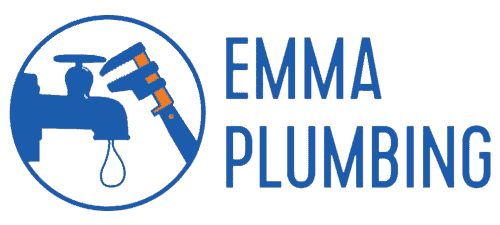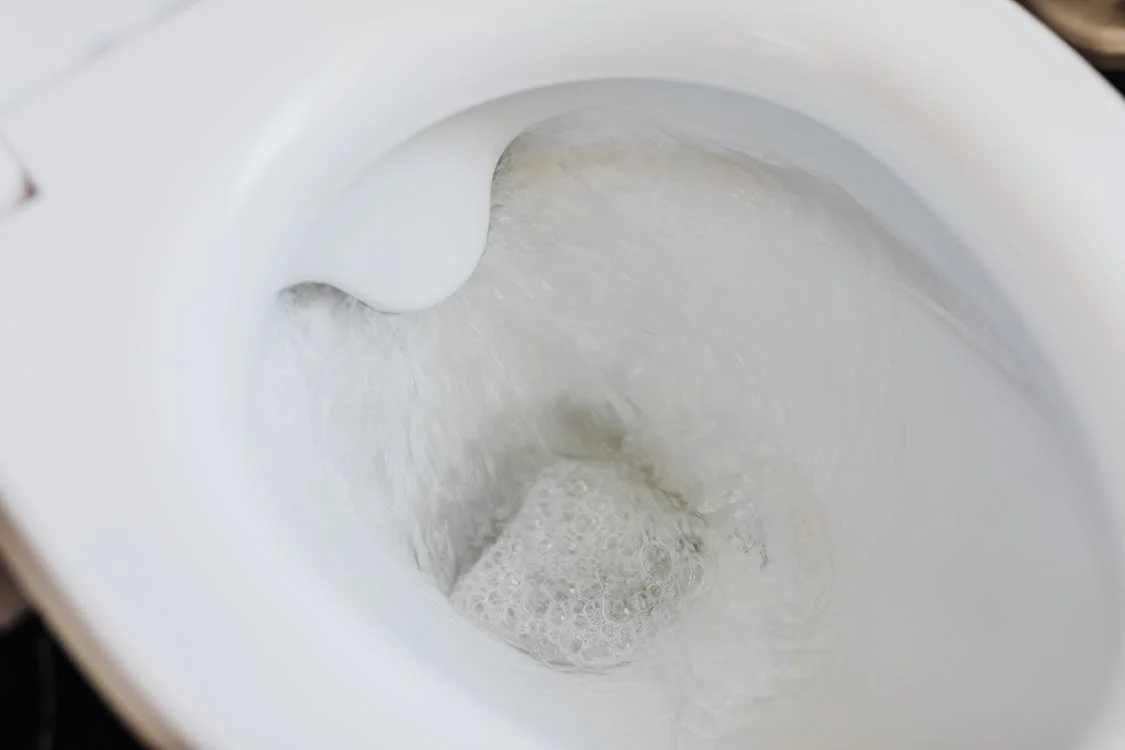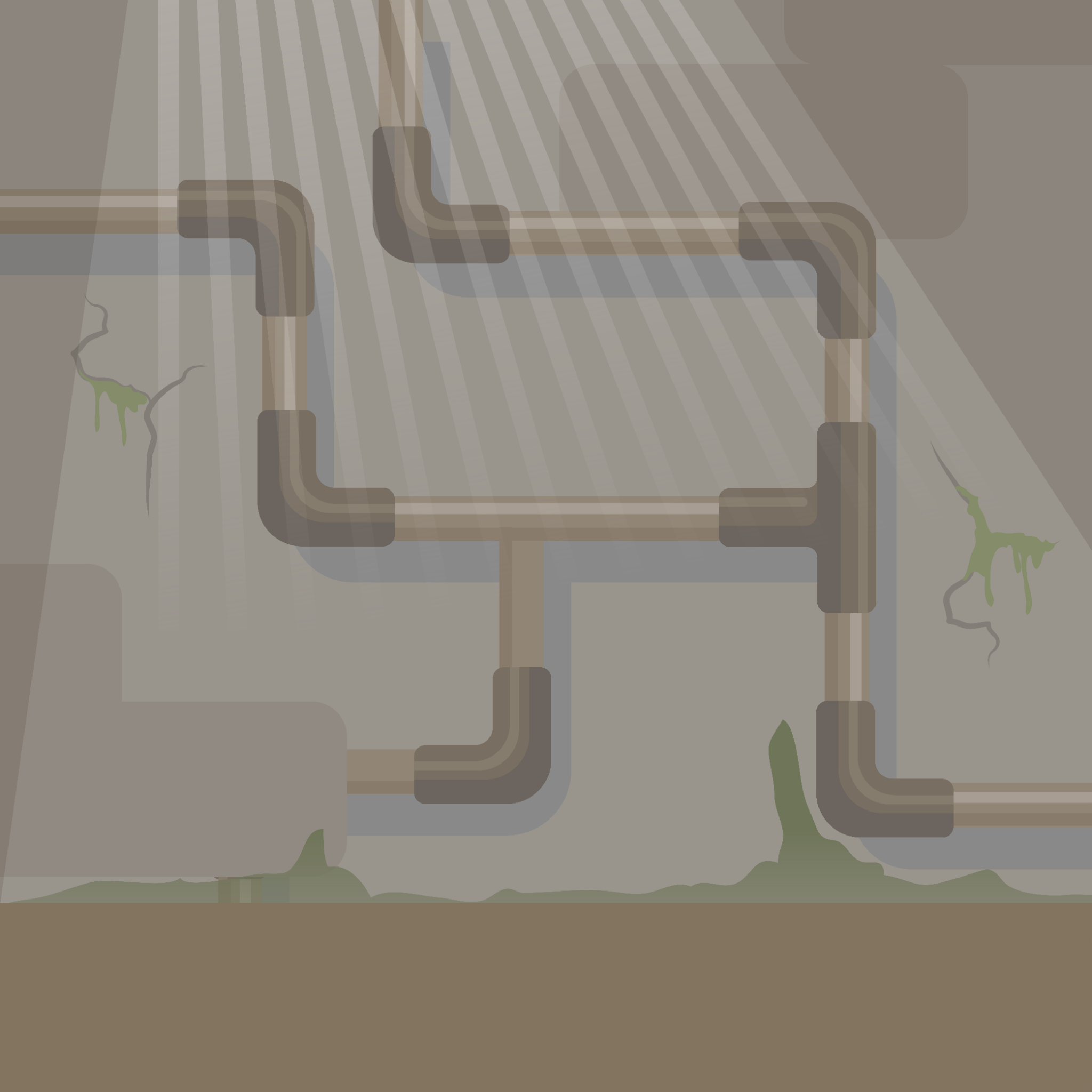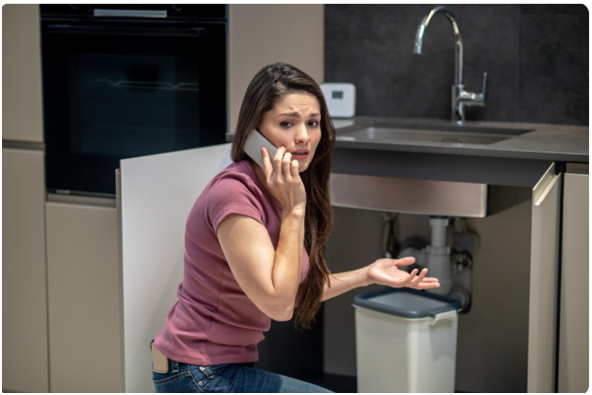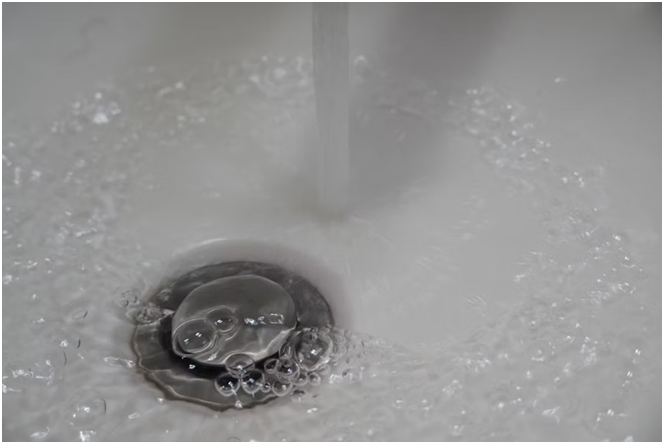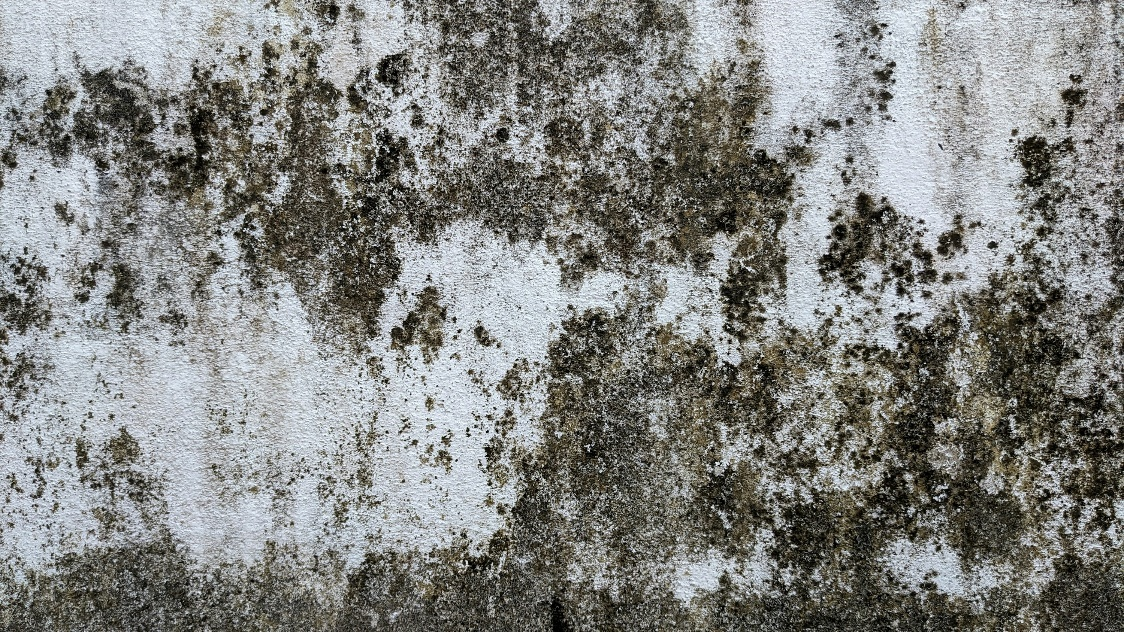Have you noticed a mysterious musty smell in your home—or maybe your water bill has spiked for no obvious reason? These subtle signs might be more than just minor inconveniences. If you’re living in an older property, they could point to hidden plumbing leaks that, left unresolved, can lead to significant water damage, mold growth, and costly repairs.
At Emma Plumbing and Drain Services, we understand how overwhelming maintaining an older home can be—especially when it comes to outdated plumbing systems. Many Boston-area homes were built decades ago, and as materials age, so do the pipes hidden behind the walls and beneath the floors. Whether it’s deteriorating pipe joints, corroded water lines, or weakened seals, these issues can cause persistent leaks that aren’t always easy to spot.
Our licensed team provides reliable leak detection in Boston and full-service solutions including sewer line repair, water heater replacement, and 24-hour emergency plumbing service in Brookline.
In this article, we’ll show you how to recognize both visible and hidden leaks, and what steps you can take to address them effectively.
Common Signs of Plumbing Leaks in Older Homes
Leaks aren’t always obvious. In fact, some can go unnoticed for weeks or even months until visible damage appears. Here are the most common indicators to watch for:
1. Unusual Water Bills
If your water usage hasn’t changed but your bill keeps rising, it’s a red flag. Leaks behind walls, under floors, or in outdoor lines can waste hundreds of gallons each month without any noticeable symptoms—until the bill arrives.
2. Water Stains and Discoloration
Look up. If your ceilings have yellowish-brown rings or water spots, there may be a leaking pipe above. Wall discoloration and bubbling paint are also signs of slow leaks that have had time to saturate surrounding materials.
3. Musty or Damp Odors
Old homes already have character—but they shouldn’t smell moldy. A persistent musty smell, especially in bathrooms, basements, or behind cabinets, may point to standing water caused by leaking pipes.
4. Visible Mold or Mildew
Mold thrives in moist environments. If you see mold forming around baseboards, under sinks, or on drywall, don’t just clean it—investigate the source. Leaking water lines are often to blame.
5. Warped or Sagging Floors
When water leaks into the subfloor, hardwood and laminate can start to warp, buckle, or feel spongy underfoot. In bathrooms, soft tiles or discolored grout lines may also signal hidden damage.
Where Leaks Most Commonly Occur in Older Plumbing
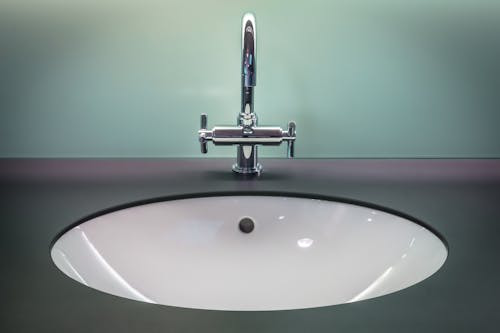
Older homes typically have unique challenges when it comes to plumbing. Materials like galvanized steel, polybutylene, or even cast iron—once common—are now known for their tendency to corrode or crack over time.
Frequent Leak Locations:
- Under kitchen and bathroom sinks
- Behind toilets and tubs
- Inside walls near water lines
- Basement or crawl space plumbing
- Outdoor hose connections and buried lines
Pay extra attention to these high-risk areas when checking your home.
DIY Leak Detection Tips
If you suspect a leak but aren’t sure where it’s coming from, there are a few steps you can take before calling in a professional:
1. Monitor Your Water Meter
Turn off all water-using appliances and faucets, then check your water meter. Wait 30 minutes and check again. If the reading has changed, water is still flowing somewhere—it’s likely a hidden leak.
2. Check Faucet Bases and Pipe Joints
Feel around faucet bases and exposed pipe joints for moisture. Even a small amount of condensation or rust can indicate a slow leak.
3. Use Food Coloring in the Toilet Tank
To check for a toilet leak, add a few drops of food coloring to the tank and wait 10 minutes without flushing. If color appears in the bowl, you have a leak in the flapper valve.
4. Listen for Drips or Hissing Sounds
Sometimes you can hear what you can’t see. Quiet the house and listen near sinks, walls, or toilets. A faint drip or hiss may lead you to the source.
Why DIY Fixes Aren’t Always Enough
Temporary solutions like sealing joints with plumber’s tape or tightening fixtures may help short-term, but older homes often require more comprehensive repairs. Pipe corrosion, hairline fractures, or hidden water line leaks typically need professional tools and expertise to address safely and fully.
If water damage spreads or the leak is underground—such as in the sewer line—you risk major structural problems, mold infestations, and even health hazards. In these cases, prompt, professional intervention is essential.
Professional Leak Detection and Repair Options
When a leak can’t be found or fixed with basic methods, professional plumbers in Brockton MA use advanced technology to locate the issue without tearing into walls unnecessarily.
Common Professional Methods Include:
- Infrared Thermal Imaging:Detects temperature changes caused by moisture buildup.
- Acoustic Leak Detectors:Pinpoints leak sounds inside walls or under floors.
- Video Pipe Inspection:Useful for locating sewer line issues without digging.
- Pressure Testing:Identifies loss of pressure caused by internal leaks.
From small pinhole leaks to cracked sewer lines, trained professionals have the tools to diagnose and resolve problems efficiently.
Preventive Measures for Older Plumbing Systems
Once you’ve fixed the problem, prevention should be your next priority. Older plumbing systems benefit from regular maintenance to avoid future issues.
Prevention Tips:
- Schedule annual plumbing inspections.
- Replace aging fixtures, valves, and connections.
- Insulate pipes in unheated areas to prevent winter freezing.
- Avoid chemical drain cleaners—they weaken older pipes.
- Install water alarms in leak-prone zones like under sinks or in basements.
Don’t Wait Until It’s a Bigger Problem
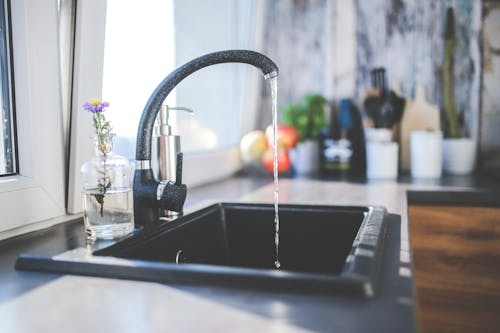
What starts as a barely noticeable stain or odd smell can escalate into major water damage, especially in older homes. So how do you protect your property, time, and wallet?
We recommend acting early. Professional leak detection in Boston can help catch hidden issues before they lead to mold growth, structural rot, or costly foundation repairs. Whether you need help with a slow leak, emergency plumbing, or something more extensive like sewer line repair, it’s important to work with a company that understands the needs of historic and older properties.
Emma Plumbing and Drain Services is proud to be one of the leading local plumbers in Boston. Our experienced team handles everything from 24-hour plumbing emergencies to full water heater replacement and commercial plumbing support. We use industry-grade leak detection methods and provide prompt, transparent service you can count on.
If you’re seeing the signs—or just want peace of mind—contact Emma Plumbing and Drain Services today. We’re here to help protect your home’s integrity, restore your plumbing system, and respond fast when you need it most. Call us now at 774-539-3887 to schedule your inspection or leak repair service.
